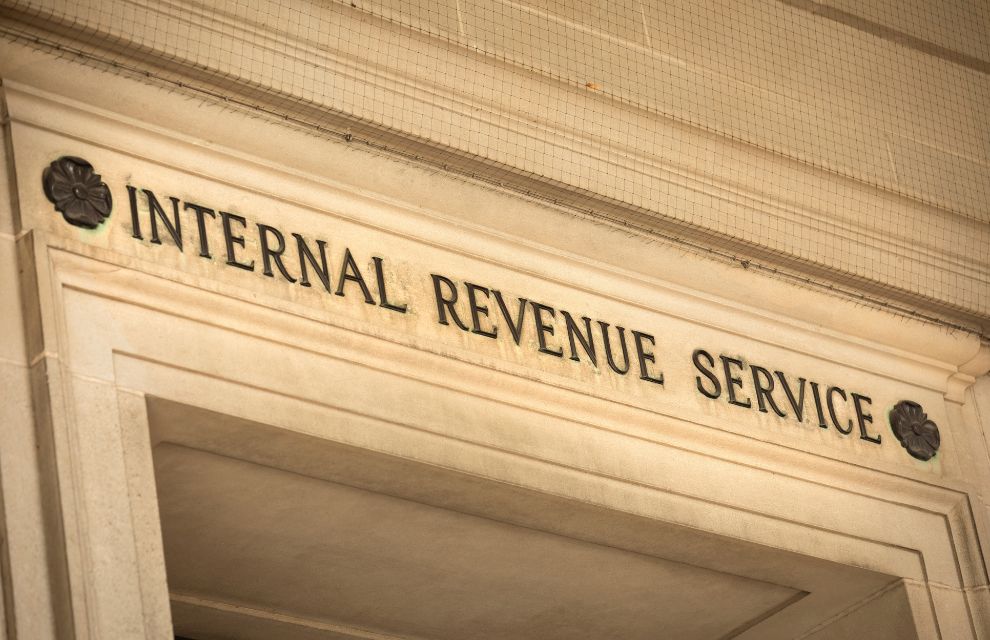The Internal Revenue Service (IRS) has proposed regulations that, if passed, could severely limit access to captive insurance programmes for small- and medium-sized businesses in the US.
The IRS’ Proposed Rule 109309–22 seeks to over-regulate certain 831(b)-electing captives by creating loss ratio requirements of 65 per cent, loan back limitations, and 10-year retroactive provisions.
Section 831(b) of the US Tax Code stipulates that a captive must qualify as an insurance company for tax purposes. For example, to pay tax on investment income, but not underwriting income. Underwriting profit can be returned as a shareholder dividend or remain in the captive as surplus.
Captives with this election have been named micro captives, and the IRS has a long history of targeting micro captives which it has often viewed as ‘non-legitimate insurance companies, formed for tax advantages.’
On 12 June, the Self-Insurance Institute of America (SIIA) submitted formal comments in response to the IRS’ proposal.
The SIIA claimed that the IRS’ proposal to legislate through regulatory action, is ‘contrary to congressional intent’.
The IRS’ proposed regulations would also prevent middle-market companies in the US from mitigating against “critical and evolving legitimate risk,” according to the SIIA.
The SIIA notes: “It is especially onerous that the IRS is seeking to create a 10-year retroactive period in changes to law and regulatory authority, which is both unprecedented in scope and creates an arbitrary and capricious burden on US businesses.”
Since 1986, the 831(b) Tax Code has served to help small- and medium- sized businesses mitigate risks not available, or too expensive, in the commercial insurance market.
The SIIA says that since 2014 it has engaged the IRS in combating abusive behaviour, “while allowing appropriate access to captive insurance as the statute provides.” During that time, the US Congress has clarified that 831(b) be accessed twice, while the IRS has failed to issue needed guidance.
The SIIA comments: “Making a 831(b) election does not convert transactions that are not abusive in their own right into transactions that are abusive and are always tax avoidance transactions, so the finalised regulations should not use the proposed criteria to label a transaction as a listed transaction.
“The finalised regulations should not create listed transactions, unless the criteria would only describe transactions that are always tax avoidance, and not vacuum up any other transactions. Under existing case law, that would be very difficult.”




 Captive Consultation Banner Ads 800x1200 MM.jpg)

